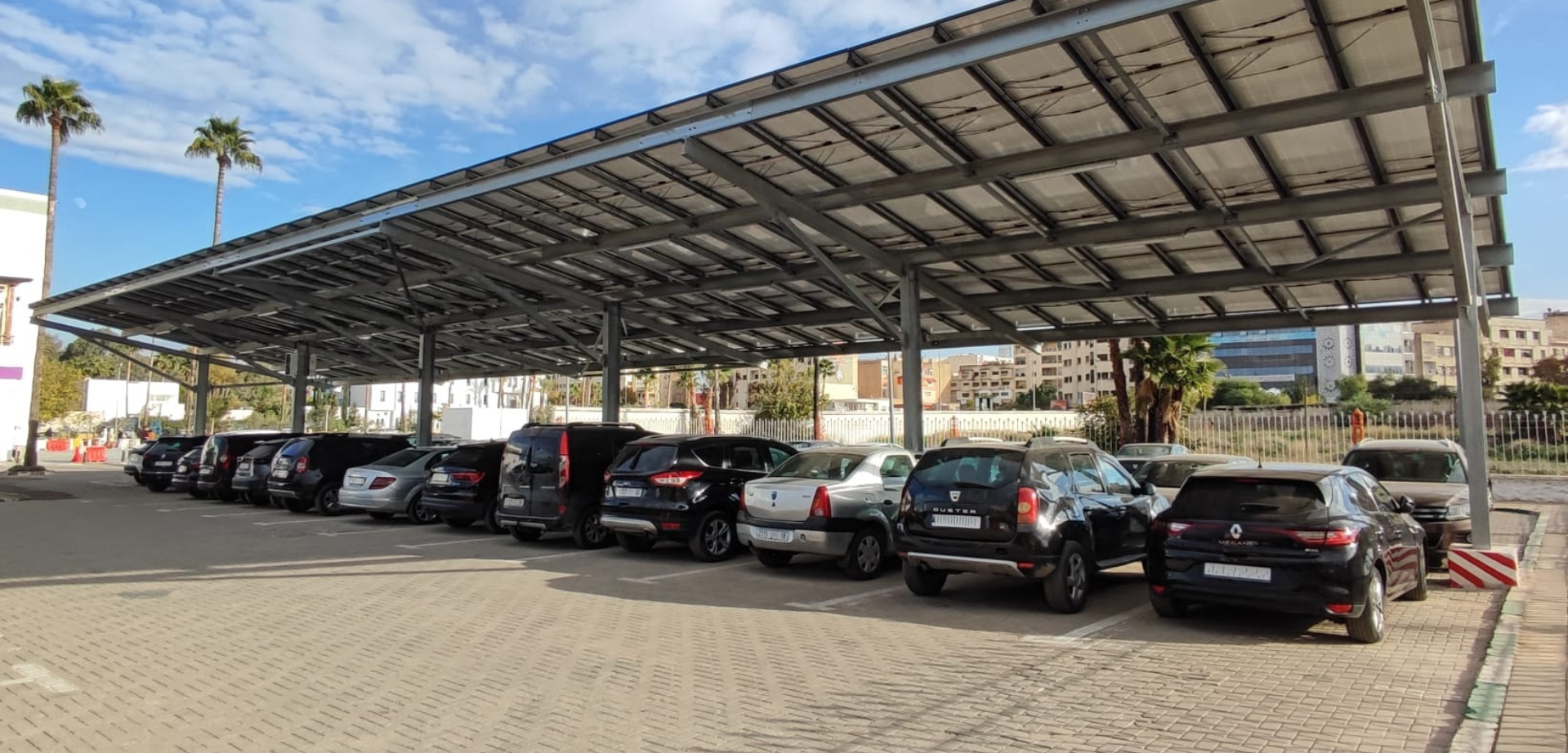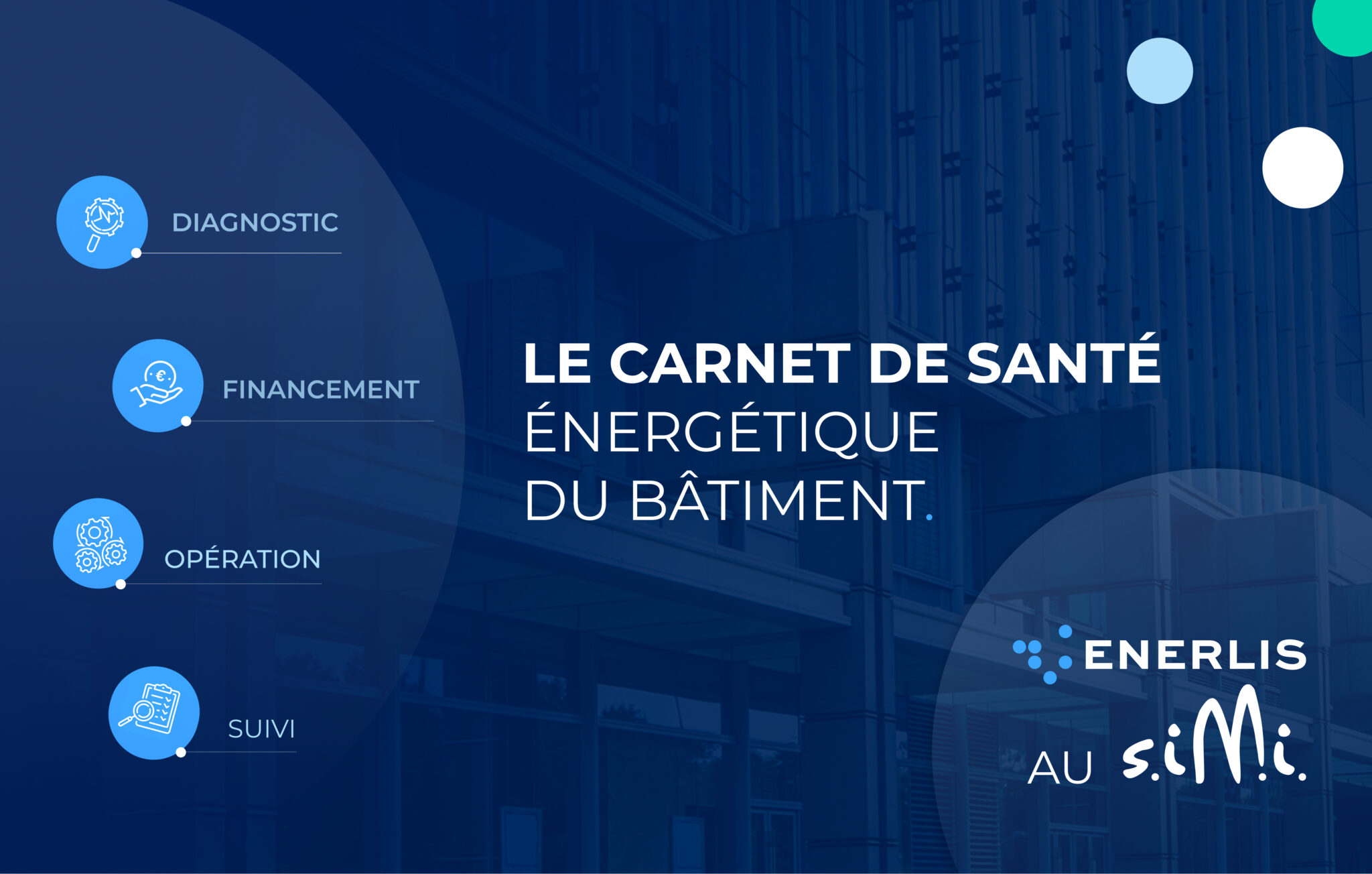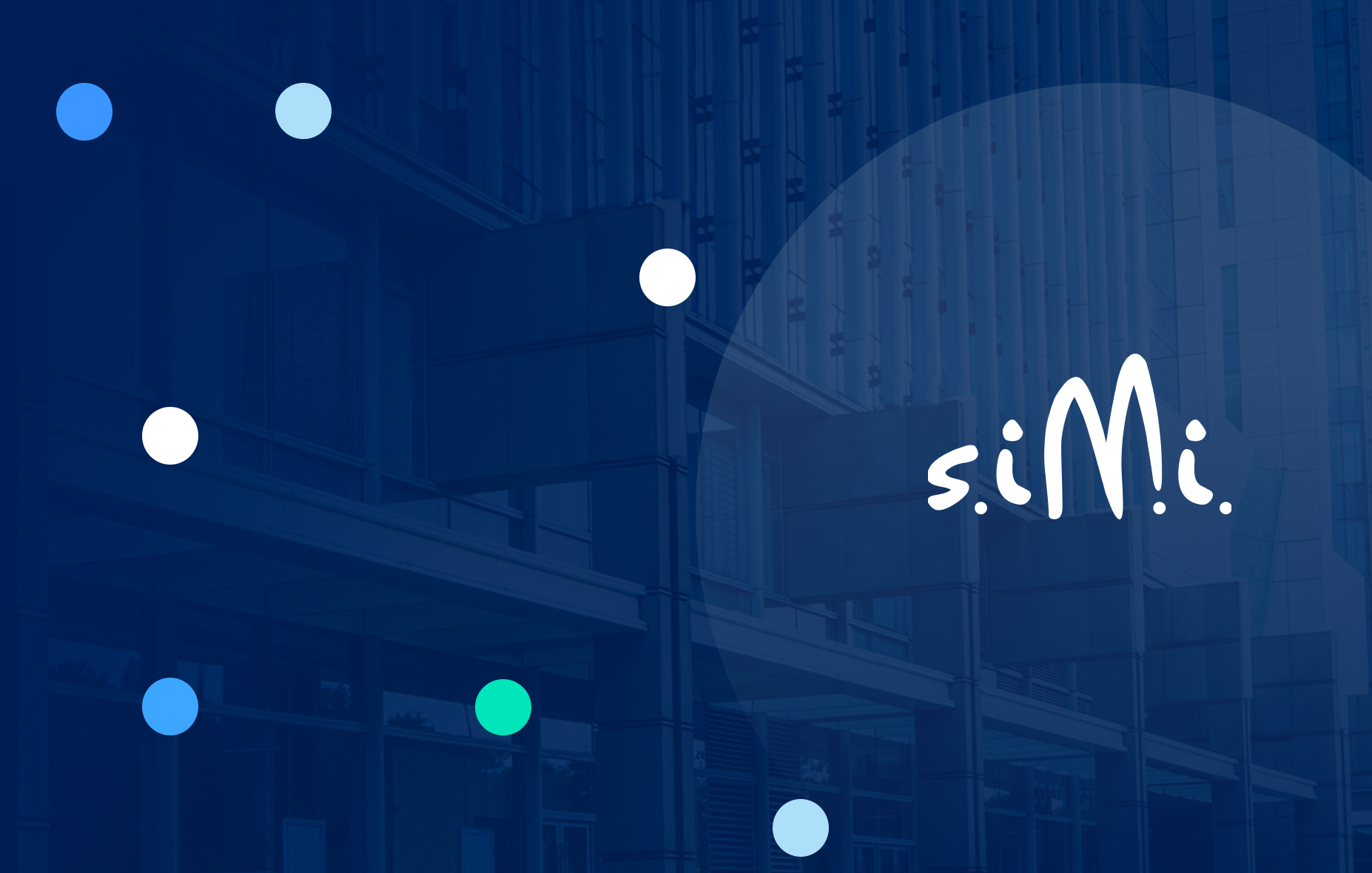What are the levers for improving energy efficiency in businesses?
September 2, 2024
Energy efficiency is a major issue for companies subject to obligations to reduce energy consumption. Beyond the regulatory aspect, energy efficiency is also a source of opportunities: reduction of energy bills, carbon footprint and improvement of brand image. Discover in the Enerlis article the essential solutions to guarantee the energy efficiency of your business.
What is energy efficiency?
Energy efficiency refers to the ratio between the energy produced by a system and the energy consumed to operate it. In business, it translates into the implementation of techniques, means or tools to reduce energy consumption while maintaining an equivalent level of performance . These solutions can be passive (energy renovation of the building) or active (energy management). Finally, their effects are measured in absolute (kWh/m²/year) or relative (%) value.
What is the difference with performance and energy efficiency?
Energy sobriety consists of reducing energy consumption through behavior : turning off office computers instead of leaving them on standby, unplugging electrical outlets, etc. Energy performance refers to the quantity of energy consumed annually. Energy efficiency is a lever for reducing energy consumption regulated by law .
What are the challenges of energy efficiency in business?
Tertiary buildings must face several challenges in terms of energy efficiency.
Regulatory issues
The new Energy Efficiency Directive (2023) requires EU member countries to reduce their primary and final energy consumption by 11.7% by 2030 , compared to forecasts made in 2020. In order to To contribute to this collective effort, France has put in place regulations for businesses.
The tertiary decree
The tertiary decree , or tertiary Eco Energy system (DEET) which came into force on October 1, 2019, requires existing buildings for tertiary use of more than 1000 square meters to progressively reduce their final energy consumption.
Here is the schedule of deadlines to be respected as well as the reduction in final energy consumption in relative value to be achieved compared to a reference year (the latter cannot be earlier than 2010):
Furthermore, the tertiary decree requires companies to transmit the “energy consumption of buildings or parts of buildings concerning them to ensure compliance with their obligation” via the OPERAT managed by ADEME.
The BACS decree
The BACS (Building Automation & Control Systems) decree promulgated on July 20, 2020 requires buildings for tertiary use with a heating or air conditioning to install an automation and energy consumption control such as GTB .
The deadlines vary depending on the power of the installations and the age of the building:
- new buildings equipped with a system with a power greater than 290 kW have until January 1, 2025 to comply with the law;
- Existing buildings equipped with a system with a power greater than 70 kW have until December 1, 2027.
Economic issues
Energy efficiency also responds to an economic for businesses which are increasingly affected by rising energy prices. By controlling their energy expenditure items, industries, SMEs and start-ups achieve energy savings and reduce their bills, while maintaining their competitiveness.
Environmental issues
decarbonization challenges . Indeed, reducing energy consumption leads to a reduction in greenhouse gas emissions. An interesting lever for companies wishing to embark on a trajectory to improve their carbon footprint.
What solutions for energy efficiency in business?
The main levers for responding to energy efficiency challenges in businesses are as follows.
Energy audit
Before implementing systems to reduce energy consumption, it is essential to carry out an inventory of the existing situation. To do this, companies can call on a design office specializing in carrying out energy audits.
This document generally includes:
- an inventory of current equipment;
- a map of consumption by use;
- a action plan to achieve energy efficiency objectives;
- a review of the actions implemented.
Enerlis, a global operator in the energy transition, has an integrated design office. With nearly 20 years of experience , ESOP has already carried out more than 1,600 energy audits for companies in various sectors. Contact us for your energy audit!
Technical management of buildings
Technical building management ( BMS) is an essential solution for improving the energy efficiency of your business. It is one of the main levers used to meet the obligation of the BACS decree.
This is a computer which provides access to all the information on the technical equipment (heating, air conditioning, lighting, ventilation) and which makes it possible to regulate their energy consumption. Thanks to GTB, companies can reduce their bill by 10 to 30% depending on the consumption item.
Looking for a service provider specializing in GTB? The engineering carry out your work : drafting the specifications, company consultation file, management of the work contract award phase.
Energy Management System
Once the BMS system is in place, companies can monitor the consumption of their equipment and maintain energy efficiency thanks to an Energy Management System (EMS).
This is generally software that tracks energy consumption in real time and measures the savings achieved following the implementation of BMS. Each product has its own features.
Here are some examples of features of the Enerlis SEME Nextep platform:
- automatic data collection
- kWh and € alerts
- anomaly detection and optimizations;
- evaluation of post-work gains
In addition, we provide you with a team dedicated to optimizing your energy flows: purchasing, taxation, etc.
Energy renovation work
Energy renovation work is a major lever for improving energy efficiency. Indeed, a well- insulated equipped with efficient equipment achieves significant energy savings.
Among the most efficient renovation projects, we find:
- optimization of heating, ventilation, air conditioning ( HVAC ) systems: replacement with new or equipment running on renewable energy makes it possible to reduce energy consumption 10 to 25%
- relamping : the installation of LEDs or presence detectors makes it possible to reduce companies' energy consumption by 50 % ;
- thermal insulation of attics, basements or domestic hot water systems (DHW): approximately 5 to 15% energy savings observed.
It is possible to finance this work thanks to the Energy Saving Certificates (EEC) system. Our subsidiary Loriz, delegatee , supports you in the administrative procedures linked to the preparation of your file:
- identification of eligible operations
- recommendations ;
- calculation of CEE deposits
- deposit with the PNCEE etc.
sources:
https://www.europarl.europa.eu/factsheets/fr/sheet/69/energy-efficiency
https://www.connaissancedesenergies.org/fiche-pedagogique/efficacite-energetique-et-batiments
Similar articles

Press release | Enerlis at the heart of the Moroccan rail!
We are proud to announce the delivery of two photovoltaic solar power plants in the stations of Fez and Benguerir, made ...
See more


